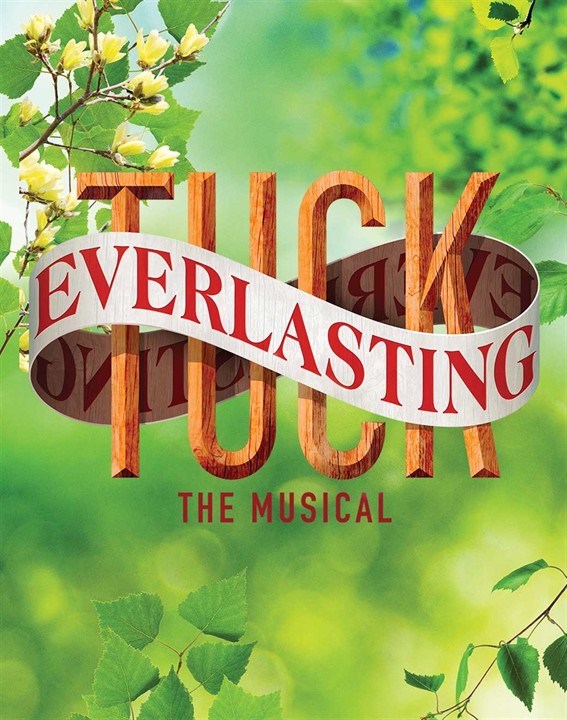A CONCORD THEATRICALS TITLE
I Remember Mama (Rodgers)
Full-Length Musical, Comedy / 5w, 4m, 4girl(s), 1boy(s)
Music by Richard Rodgers
Lyrics by Martin Charnin
Book by Thomas Meehan
Additional Lyrics by Raymond Jessel
Based on the play by John Van Druten
Set in San Francisco following the turn of the century, this
warm and sentimental story of a
Norwegian family's survival in the New World features Richard
Rodgers' final score for Broadway.
-
Cast Size
5w, 4m, 4girl(s), 1boy(s) -
Duration
More than 120 minutes (2 hours) -
Subgenre
Adaptation (Literature), Adaptation (Stage & Screen), Christmas/Holiday -
Target Audience
Appropriate for All Audiences
Details
Summary
History
Remembering I Remember Mama
By Theodore S. Chapin
For generations of Americans, the words "For as long as I could remember, the house on Steiner Street had been home" have a more than familiar ring to them. They are the opening words of the Kathryn Forbes story about the Hansen family, a stalwart group of Norwegian immigrants who settled in San Francisco at the turn of the century, which has charmed readers, listeners, viewers and theater goers for over forty years.
The first story appeared in 1943 as Mama's Bank Account in the Readers' Digest. Its success prompted Miss Forbes to write other short stories about her family, which were later published as a collection. These stories were bought by RKO to be filmed, but that was not where their first dramatization was to take place.
At the urging of his daughter and wife, Richard Rodgers read Mama's Bank Account and after conferring with his partner Oscar Hammerstein II, decided to turn it into a play (the team decided to produce plays as well as the musicals for which they were famous, and Mama seemed to fit in perfectly). The play version, adapted by John Van Druten, opened in 1944—with the title that was to stick from then on: I Remember Mama. (It is interesting to note that the role of Nils was played by a newcomer by the name of Marlon Brando).
The Broadway success was followed by the George Stevens film starring Irene Dunne and by various radio presentations. On July 1, 1949, however, Mama began her longest and most fondly remembered life as the matriarch of the CBS television series. As played by Peggy Wood, Mama was to reign 8 years over those early days of television with her characteristic blend of earthy practicality and undiminishing vision of good and wholesome life in the "new" land. In 1979, I Remember Mama came full circle and opened as a bright and cheerful Broadway musical. One wonders if Richard Rodgers knew all along that he would some day compose a score for a musical version of Mama. He did and it was to be his final score. His collaborators were the team who had had an enormous success with Annie—librettist Thomas Meehan and lyricist Martin Charnin. For Rodgers, it was musical number 40 in a career which spanned 50 years
During the Broadway run of Mama, Rodgers was visited in New York by record producer Norman Newell, and at the time the composer said, "My greatest wish is for Mama to be recorded." Five years after his death, Rodgers' wish came true when Newell assembled a superlative cast to record the album for TER Records, with Broadway originators George Hearn and George S. Irving joined by Sally Ann Howes as Mama, Ann Morrison as Katrin, with cameos from such West End stars as Elizabeth Seal, Gay Soper, Patricia Routledge and Sian Phillips, and all under the musical direction of Bruce Pomahac.
Cast Attributes
Keywords
- Time Period 1910s/WWI
- Setting
San Francisco, spring 1910 – summer 1911.
- Features Period Costumes
- Duration More than 120 minutes (2 hours)
Media
“A charming family musical... If you liked The Sound of Music and Annie, you'll love I Remember Mama!” – Houston Chronicle
Music
Music Samples
- Musical Style Classic Broadway
- Dance Requirements Moderate
- Vocal DemandsModerate
- Orchestra Size Large
- Chorus Size Large
Licensing & Materials
- Licensing fees and rental materials quoted upon application.





